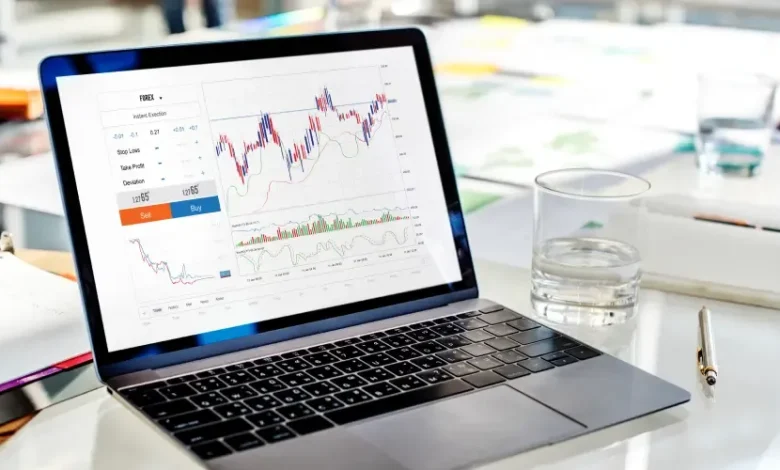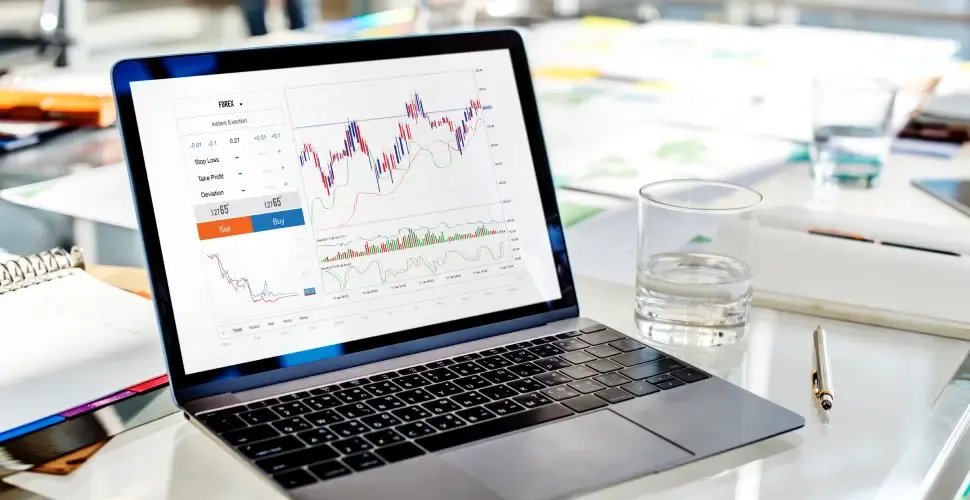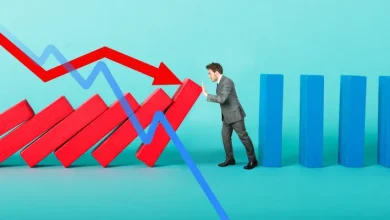How does it feel to be a professional Forex trader? (2024)

The process of becoming a professional Forex trader is thrilling and full of special rewards, obstacles, and highs and lows in terms of emotions. Because of its volatility and liquidity, the foreign exchange market can be both an exciting and intimidating place to be. What does entering the realm of professional Forex trading actually feel like, then? Let’s examine the event, including the traders’ emotional rollercoaster and daily routines.
Read More: How to earn $1000 per day in Trading: Beginner’s Guide 2024-25
1. Is it a talent to trade forex?
Instead of being a natural gift, forex trading is frequently seen as a skill that can be learned. Successful forex trading mostly depends on knowledge, practice, and experience, while some people may inherently have qualities like analytical thinking, discipline, and risk management that can help with trading.
Developing successful trading methods, comprehending economic indicators, and analyzing market patterns are all skills that traders need to acquire. Furthermore, preserving discipline and making wise decisions depend heavily on one’s capacity to control emotions like fear and greed.
In the dynamic forex market, where circumstances can change quickly, it is imperative to continuously learn and adapt. As a result, while some personal characteristics could improve a trader’s performance, success in forex trading requires a commitment to learning and practice.

2. What proportion of Indian traders are successful?
In India, as in many other marketplaces throughout the world, the percentage of successful traders is comparatively low; estimates indicate that only between 10% to 20% of retail traders consistently turn a profit.
The intrinsic difficulties of trading, such as market volatility, emotional decision-making, and the difficulty of evaluating financial products, are reflected in this statistic. Many traders lose a lot of money since they don’t know enough or prepare for the market.
Although the trading environment has improved due to the increasing availability of instructional materials, trading platforms, and analytical tools, the market’s competitiveness implies that success calls for not only competence but also discipline and a clear trading strategy.
As a result, in order to increase their chances of success, aspiring traders are urged to devote time to learning and practice as well as to take a practical approach to risk management.
3. Who is India’s wealthiest trader?
Rakesh Jhunjhunwala, a well-known investor and trader in the Indian stock market, is frequently regarded as the richest trader in India. Known as the “Warren Buffett of India,” he amassed his wealth over the years by making wise investments in a variety of businesses.
Long-term growth was the main goal of Jhunjhunwala’s investment strategy, and he made a number of well-known investments in industries like technology, healthcare, and finance.
He was one of the richest people in India, with an estimated net worth in the billions at the time of his death in August 2022. Many aspiring traders and investors in the nation are still influenced by his legacy.
It’s important to remember that the title of “richest trader” might change depending on the state of the market and each trader’s or investor’s performance.
4.The Benefits of Trading?
Both new and seasoned investors may find the many advantages of trading appealing. Profitability is one of the main benefits since traders can profit from changes in the prices of stocks, currency, commodities, and cryptocurrencies, among other financial instruments. Because of this adaptability, traders can modify their tactics to fit various market circumstances and individual risk tolerance.
As people take charge of their investing choices and have the opportunity to reach financial objectives without depending on traditional employment, trading can also give them a sense of empowerment and freedom
.A trader’s capacity to make wise decisions is further improved by the development of analytical abilities, market knowledge, and risk management techniques. A worldwide community of traders has also been fostered by the ease with which people may now enter the market thanks to the availability of trading platforms and educational materials.
All things considered, even if trading has risks and difficulties, many people find it to be an alluring activity due to the possible gains and opportunities for personal development.
Conclusion :
The path of a skilled Forex trader is a complicated tangle of feelings, difficulties, and victories. Although the excitement of the market and the lure of financial independence can be seductive, the reality calls for perseverance, hard effort, and self-control. Traders must continually adjust to a dynamic environment, improving their tactics and abilities while coping with the psychological strains that come with the job.
Gaining market expertise and reaching financial objectives can provide a great deal of satisfaction.
FAQs:
1. How does becoming a professional Forex trader feel?
A professional Forex trader experiences both stress and excitement. While dealing with the stress of market volatility and decision-making, traders frequently enjoy the rush of completing good transactions.
2. Are professional Forex traders full-time employees?
A large number of full-time professional Forex traders devote a substantial amount of their working hours to trading, technique development, and market analysis. Nonetheless, some people might decide to trade part-time, particularly if they have other obligations.
3. Which feelings are experienced by Forex traders?
Anxiety during losses, irritation when deals don’t go as planned, and joy, when profits are earned, are just a few of the feelings that can be evoked by forex trading. For long-term success, controlling these feelings is essential.
4. Does trading forex cause stress?
Indeed, the fast-paced nature of the market and the possibility of suffering a big financial loss make forex trading stressful. To properly handle this stress, traders need to remain disciplined and focused.
5. How do experienced traders deal with losses?
Expert traders accept losses as a necessary component of trading. Instead of allowing emotions to control their behavior, they examine their errors, draw lessons from them, and modify their tactics accordingly.



